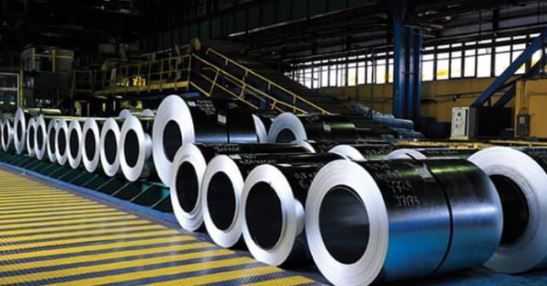U.S. Steel and Aluminum Tariffs Spark EU Retaliation, Higher Consumer Costs Expected

Global Markets React to U.S. Tariffs on Steel and Aluminum
The European Union has vowed to retaliate after President Donald Trump announced a 25% tariff on all steel and aluminum imports, set to take effect next month. The move, intended to support domestic producers, could trigger a trade war, raising costs across multiple industries.
Industries Brace for Rising Costs
The tariffs are expected to increase manufacturing costs for key industries that rely on steel and aluminum, including automotive, energy, and construction. According to Goldman Sachs, the price hikes could extend to consumer goods, making products like cars, appliances, and infrastructure projects more expensive.
EU Promises Countermeasures
In response to Trump’s announcement, EU officials signaled plans for retaliatory tariffs on U.S. exports, potentially targeting American agriculture, whiskey, and industrial products. A broader trade conflict could further destabilize global markets and strain U.S.-EU relations.
What This Means for Consumers
Economists warn that the tariffs could lead to higher prices on everyday goods, as manufacturers pass increased costs onto consumers. Businesses that depend on imported raw materials may also struggle with supply chain disruptions, impacting production timelines and job stability.
The Road Ahead
With the tariffs set to take effect next month, negotiations between the U.S. and its trade partners will be closely watched. Whether retaliatory measures escalate or a compromise is reached remains uncertain, but for now, manufacturers and consumers alike should prepare for higher costs.





